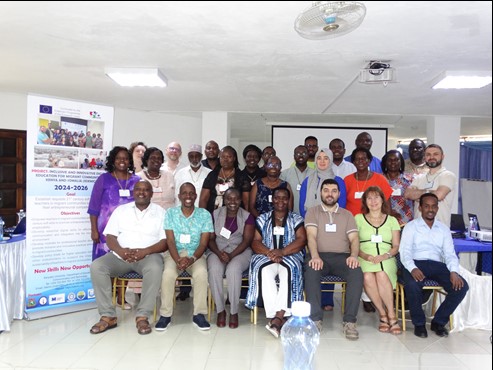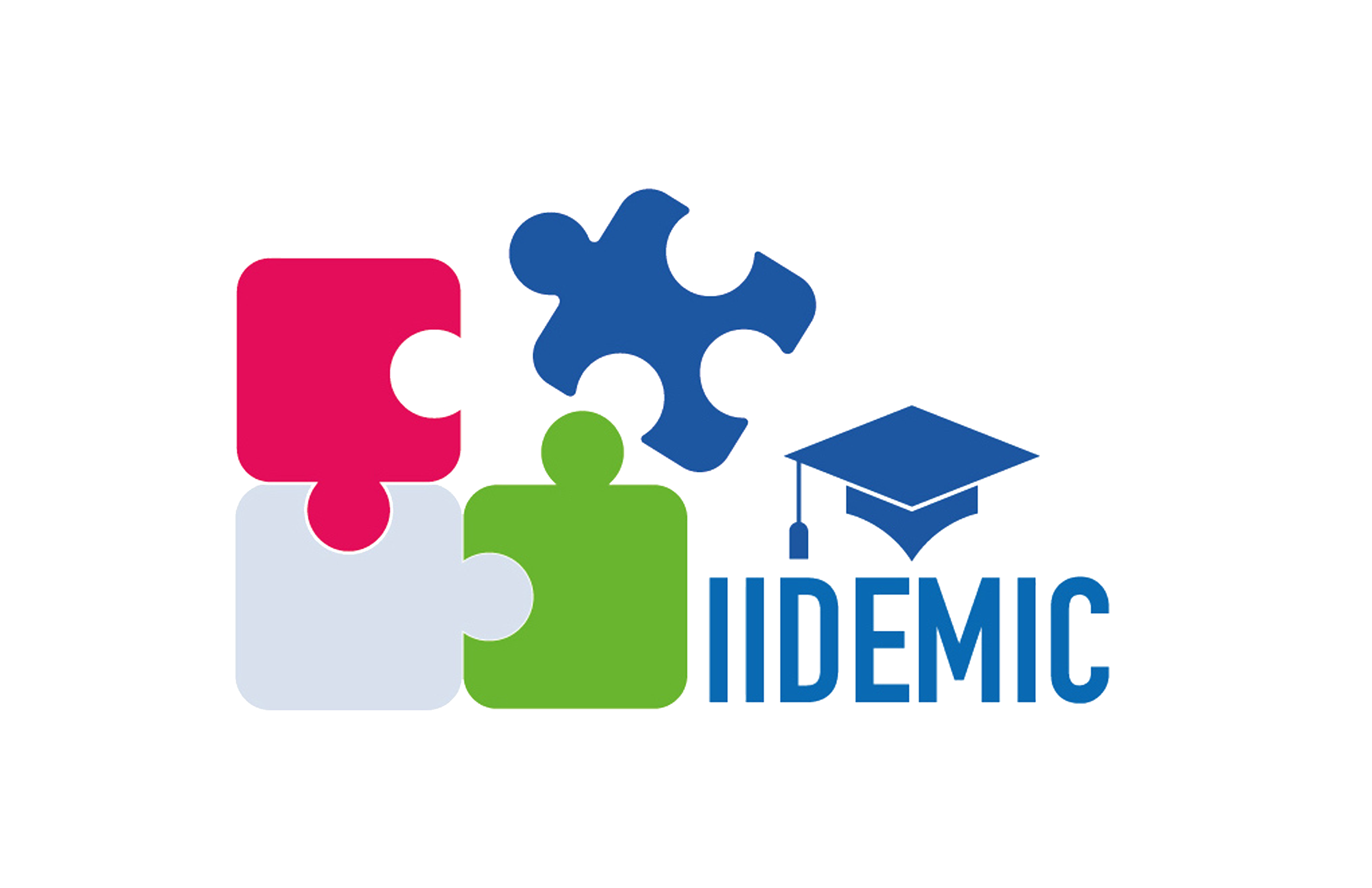
Fostering Inclusive Digital Education: Insights from the IIDEMIC Joint-progress Seminar in Kenya
The IIDEMIC Joint Progress Seminar (January 26–31, 2025; North Coast Beach Hotel, Mombasa) convened university partners, government agencies, NGOs, and education practitioners to review progress and align next steps for Inclusive and Innovative Digital Education for Migrant Community (IIDEMIC)—an EU-funded Erasmus+ CBHE initiative serving migrant learners in Kenya and Somalia. The meeting highlighted strong partner collaboration (WSB Merito University, Dumlupınar Kütahya University, Masinde Muliro University of Science and Technology, Kenyatta University, Red Sea University, and Mogadishu University) alongside contributions from Kenya’s Ministry of Education, Department of Refugee Services, and Windle International Kenya. Opening remarks from Kenyatta University’s Executive Dean commended milestones and underscored the project’s twin focus on cutting-edge digital interventions and culturally responsive pedagogy.
Work Package updates confirmed solid momentum. WP1 (DPU) established foundations through a kick-off (Feb 2024, Turkey) and a needs assessment prioritizing communication, problem-solving, digital literacy, leadership, and emotional intelligence. WP2 (KU) completed Task 1, advanced Tasks 2–3 and ran hands-on training (Task 4) during the seminar to embed innovative teaching practice. WP3/WP4 (WSB) progressed a state-of-the-art digital learning environment and a virtual e-learning platform with teacher CPD—training content authors, developing and evaluating learning materials, hosting webinars, and detailing inclusive integration strategies for in-service teachers. WP5 (RSU) stressed clear teacher-selection criteria (English proficiency and commitment) and prepared comprehensive training for effective classroom uptake. WP6 (MMUST) strengthened quality via an overarching QA plan, systematic course uptake evaluation, and an expert advisory board. WP7 (MU) expanded dissemination and sustainability through tailored communications, streamlined partner coordination, open-access publication of results, and the launch of the official project website.
Key ecosystem insights included operational realities in refugee settings—language barriers, scarce resources, high turnover, cultural diversity, emotional load, burnout risks, and the premium on empathy and adaptability—alongside Kenya’s policy context: refugee schools’ reliance on UNHCR/NGO funding, Windle’s teacher mix (30% certified nationals; 70% incentive teachers; 1% special needs), and the government’s Shirika Model shift from aid toward self-reliance.
The seminar’s takeaways were clear: deepen multi-stakeholder collaboration, uphold rigorous quality assurance, accelerate digitalization, honor cultural diversity, and sustain open, accessible dissemination. Partners closed with optimism and a shared commitment to scale inclusive, high-quality digital education for migrant communities in Kenya and Somalia.


